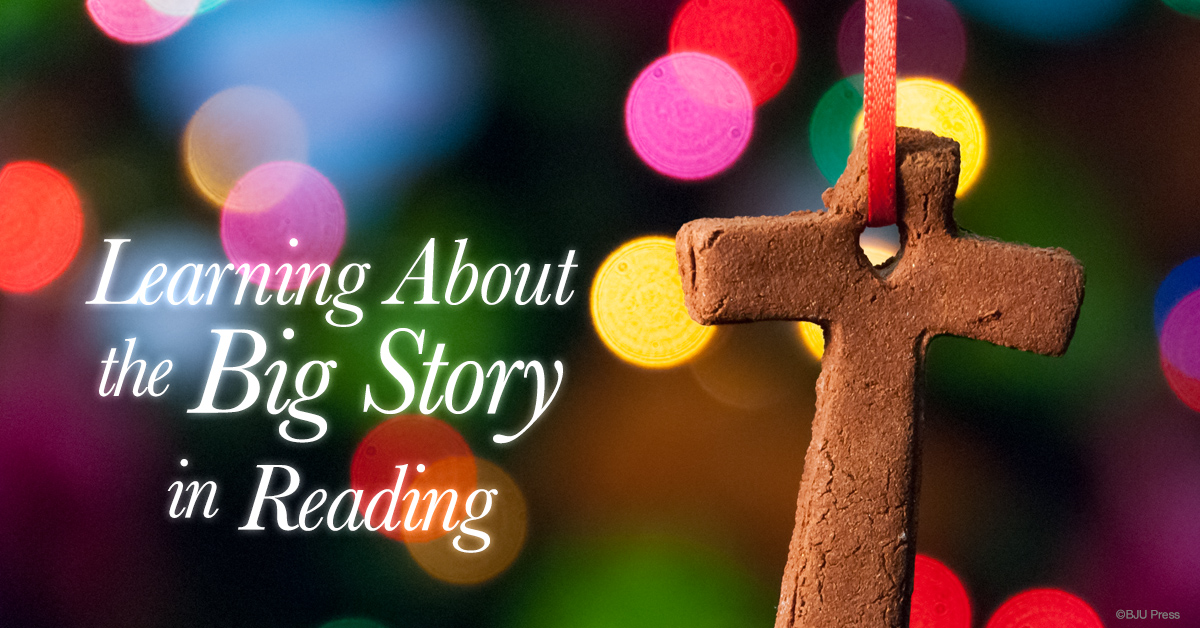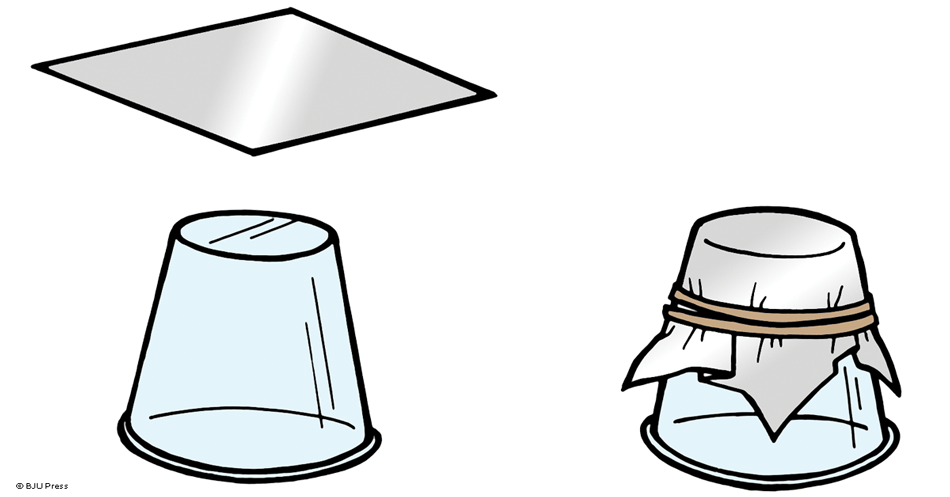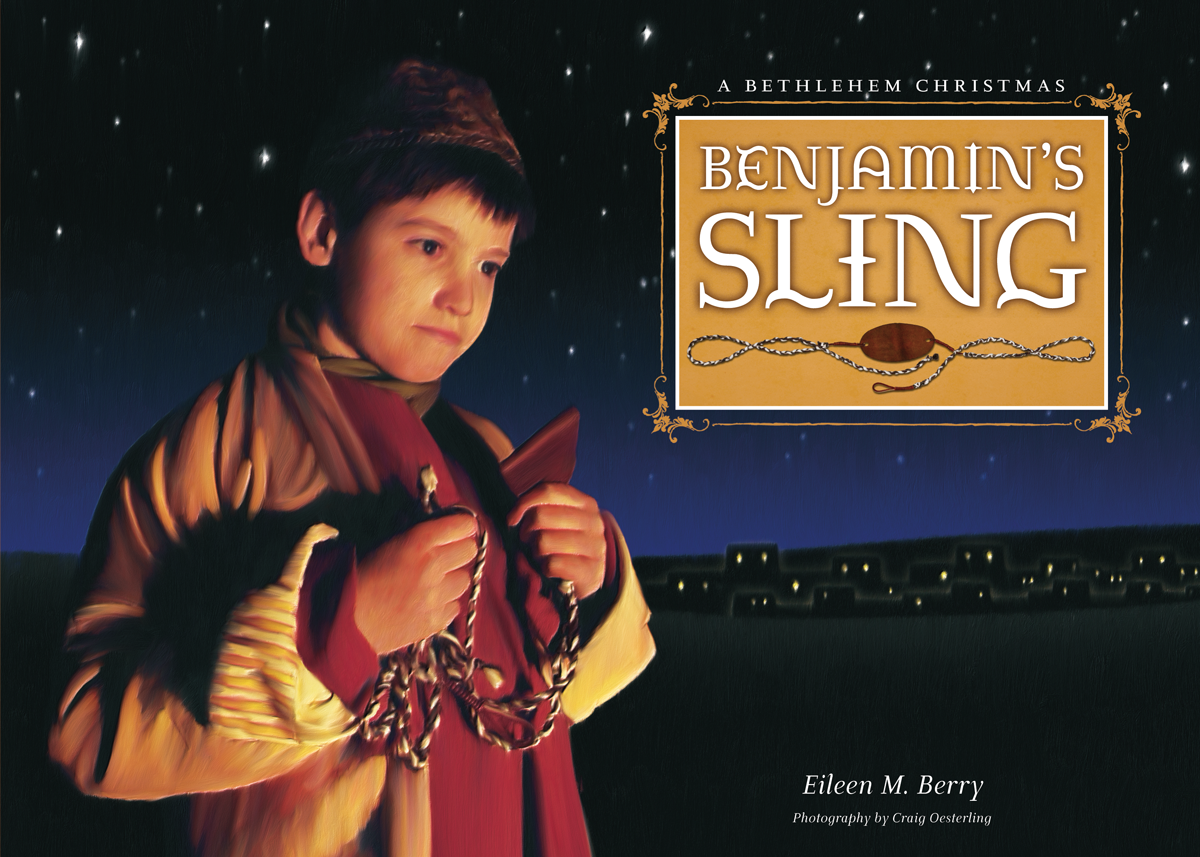One of my earliest Christmas memories is of sitting with my family as we read aloud The Story of Christmas, a children’s book full of captivating illustrations depicting Christ’s birth with text from Matthew 1–2 and Luke 1–2.
Why is this memory so vivid to me? Probably because my family repeats this scene every year. No matter who is with us or how old we all become, it’s a wonderful way to focus our attention on the true meaning of Christmas. And we always do it before any of the presents are opened.
Whether your family is just starting to create some simple Christmas traditions on your own or you’ve developed quite a few over the years, here are a few ideas of ways to celebrate this season.

Tell the Story of Christmas
- “My Gifts”—A beautiful poem depicting the Christmas story through the eyes of Mary, Zacharias, and the shepherds.
- The Story Behind Benjamin’s Sling—About a beloved JourneyForth picture book, this post offers insight into why the author chose to write a story about a poor shepherd boy.
- Learning About the Big Story in Reading—Our Reading 2 and Reading 3 textbooks provide your children the opportunity to retell key events of the gospel narrative through what they learn. A homeschool mom tells how this activity was a blessing.
- A Tale of Three Trees—Decorate your Christmas table around the theme of this traditional folktale.
Give Gifts with Homemade Crafts (and Printables!)
- Crafting the Names of Christ—Teach your children who Christ is and why we celebrate His birth by making these twelve Christmas ornaments. They make a great neighborhood gift too.
- What do you do when you don’t have the Christmas spirit? Serve.—Use these ideas to turn your family’s focus back to God’s gift.
- Fun with Snowflakes—Create your own white flurries with this printable and a pair of scissors.
- Add a Homemade Touch This Christmas—This printable with four paper ornaments is a simple way to get younger children involved with decorating. The ornaments are easy to send in the mail to an out-of-town family member.
Make Family Memories
- Christmas Lights Scavenger Hunt Printable—Spend an evening looking for these lights and Christmas decorations while driving around.
- Christmas Bucket List Garland Craft—Add a festive look to your home with recycled Christmas cards and use them to keep track of your family’s Christmas activities.
My wish is that these activities provide you with an opportunity to remind your children why Christ chose to humble Himself and be born as a man (Philippians 2:5–11).




